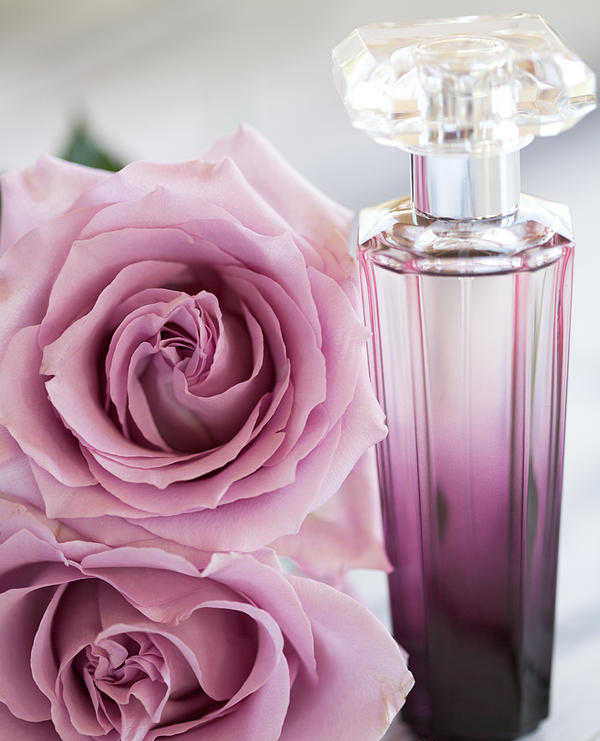FWP:
In classic mushairah style, the first line is entirely uninterpretable until we are allowed to hear the second as well. We can't possibly guess what the 'it' might be, and the suspense is a real part of the pleasure of the verse.
'Attar' [((i:tr] of roses is, in the words of the Shorter OED, a 'fragrant, volatile, essential oil obtained from the petals of the rose'. Empress Nur Jahan, wife of Jahangir, is usually credited with its invention-- which is quite appropriate, since making even a small amount of powerfully aromatic attar requires royal amounts of rose-petals and much pressing and distillation.
Here, however, it's just a simile, just an adjective describing the breath of the rose. It's as though the breath of the rose is so fragrant that it's already its own concentrated essence, already its own attar. And of course attar is made from torn petals of destroyed roses, so the very mention of it already evokes both the rose's death, and its quasi-immortality as a precious essence in a small bottle, to be used only a drop or two at a time.
Why is the rose-breath the lover's Rival? Partly, no doubt, because the lover is so mad with passion that he sees all sorts of implausible things as rivals. (For commentarial discussion of this point, see {60,4}, in which the lover dies of his jealousy/envy of the sword in the beloved's hand.) But there's more to it than just general craziness.
Since the rose will be woven into a garland for the beloved, or tucked into her hair or bosom, it will be crushed against her body and its scent will mingle intimately with her skin in a way that drives the lover mad when he thinks about it. He's jealous/envious not just of the actual rose attar that she perhaps delicately applies to her body (which would be mad enough), but even of the (entirely intangible) scent of the rose. This is the measure of his passion, his suspicion, his desperate and vain possessiveness. And why shouldn't he be on his guard? Springtime itself, with all its irresistible sensual powers, is his enemy; to see the beloved is to desire her, and why shouldn't Springtime too fall victim?
Note for grammar fans: In terms of i.zaafat structure, ((itr-saa should be considered just as a single adjective. It must also be considered to be the Persian saa (see the definition above)-- which, intriguingly, is very like the Indic saa (except that it doesn't have separate feminine and plural/oblique forms). But the Persian saa can be used with an i.zaafat , while the Indic one cannot. Another such case: {162,6}.

Nazm:
'For you'-- that is, the flowers would become a garland for your neck, and remain in contact with you. (81)
== Nazm page 81